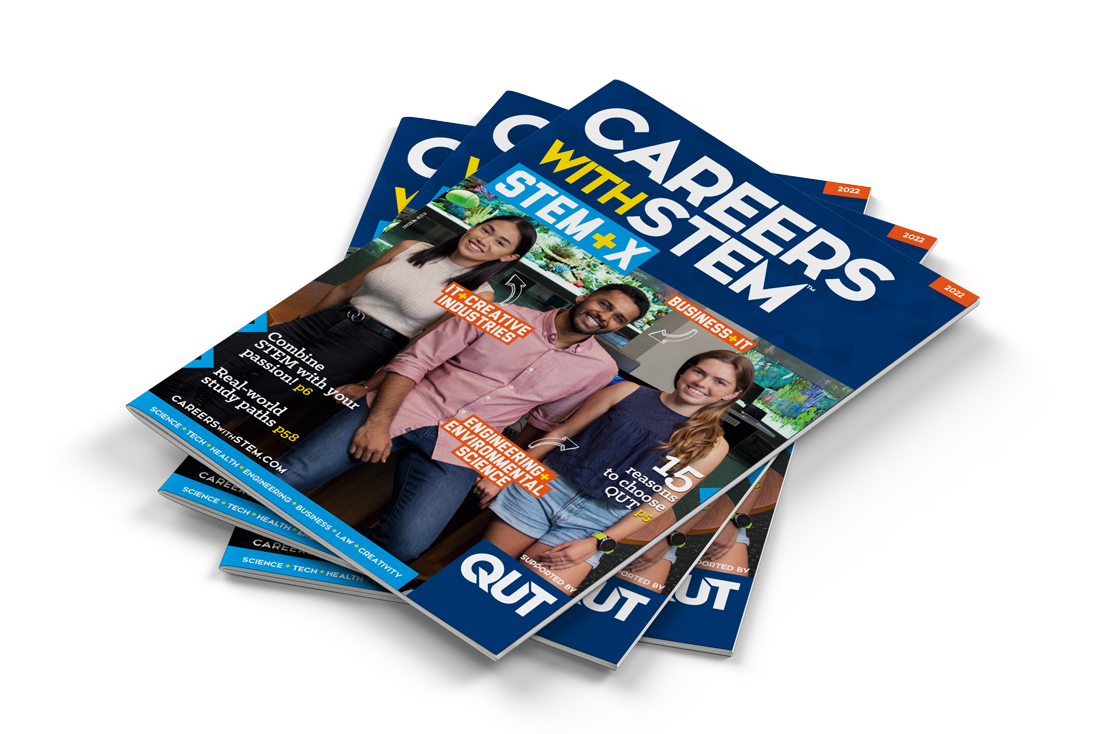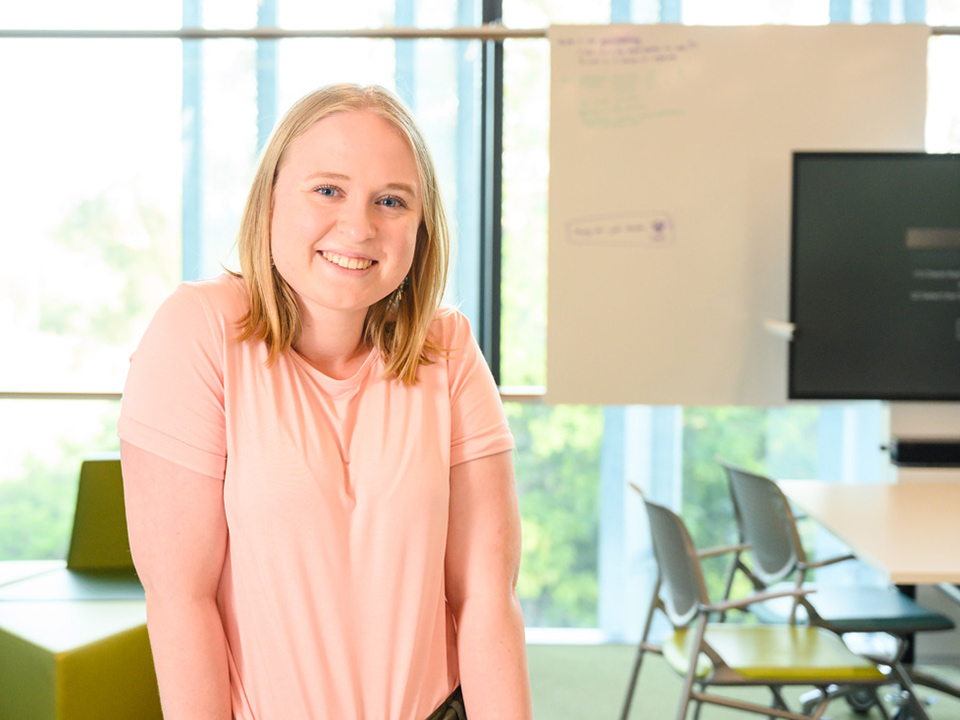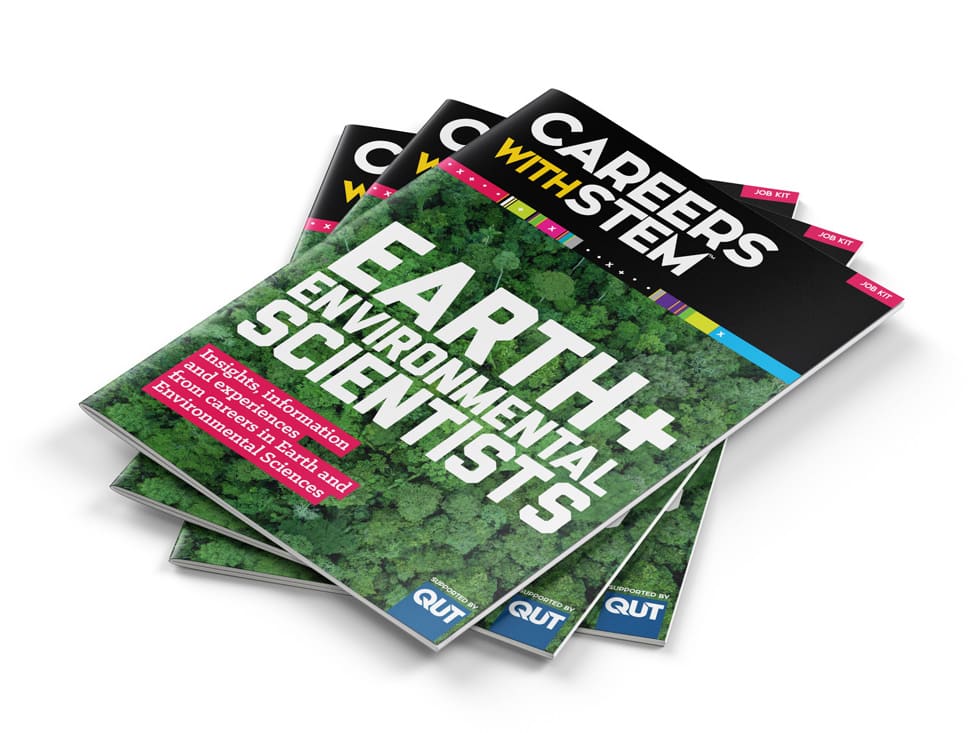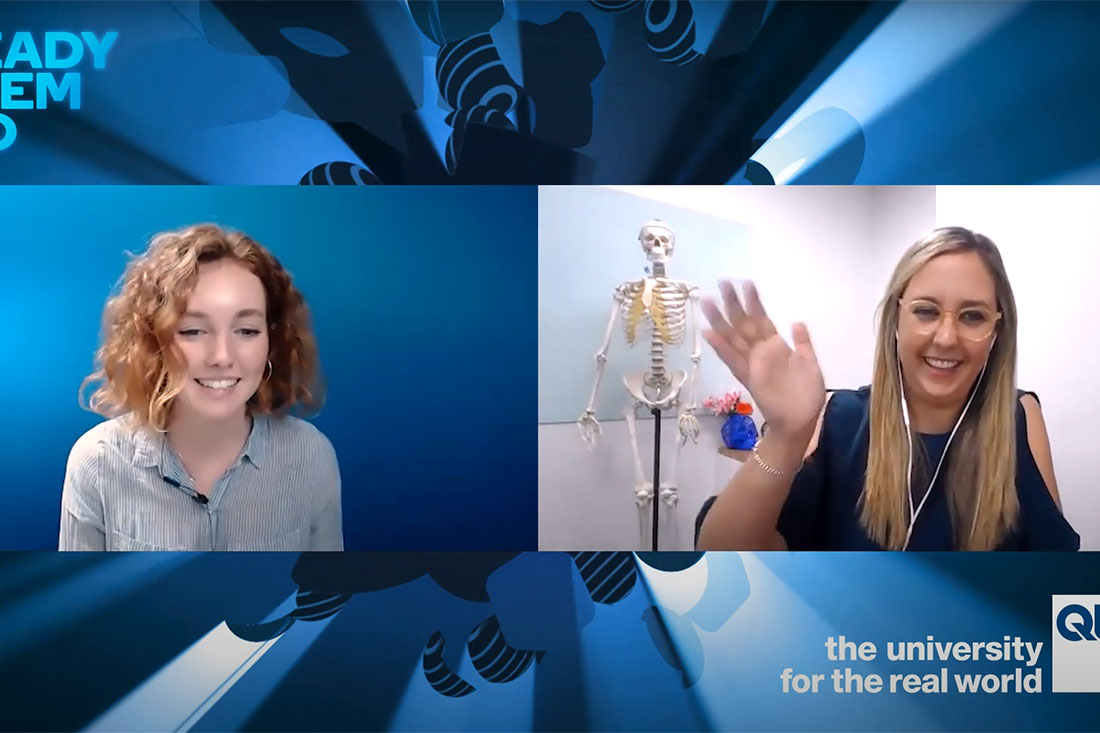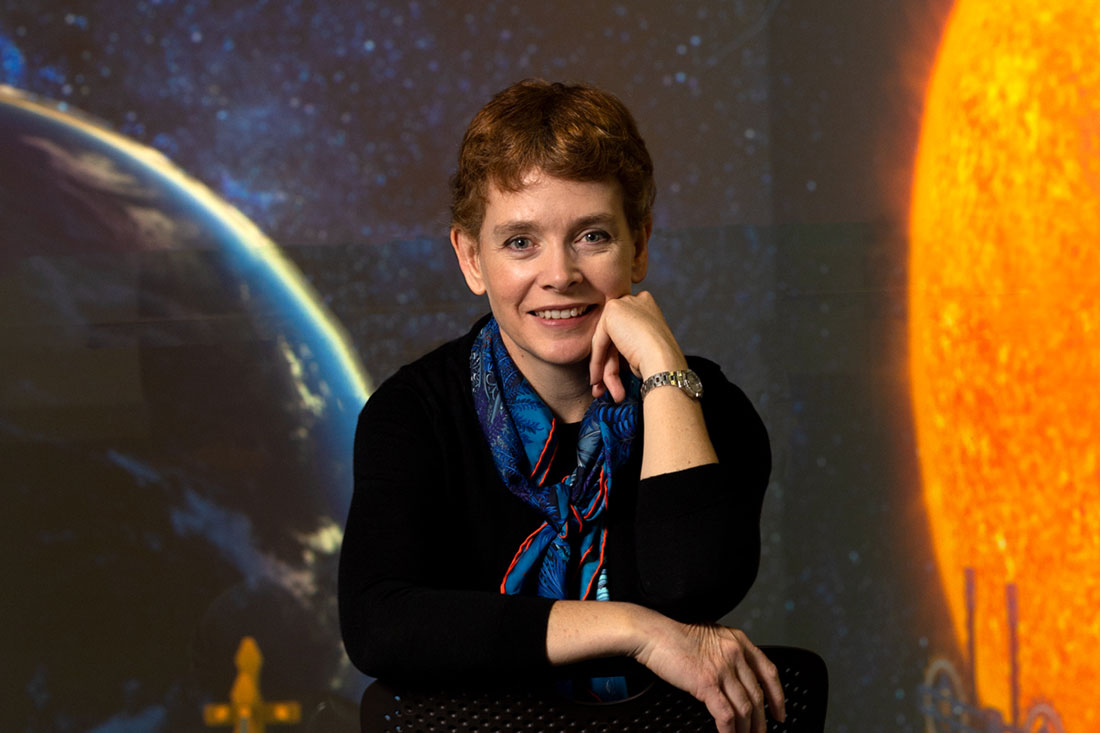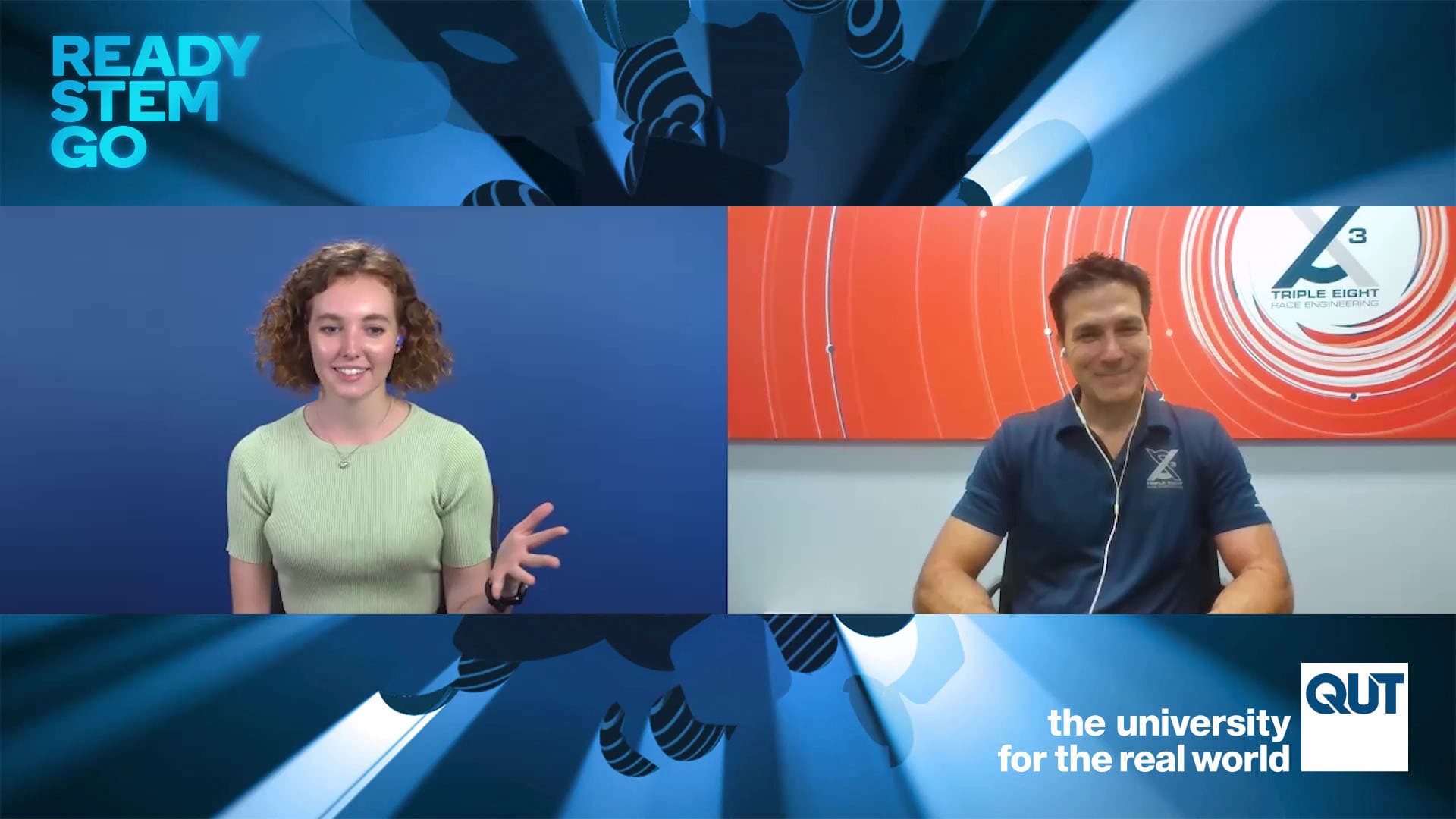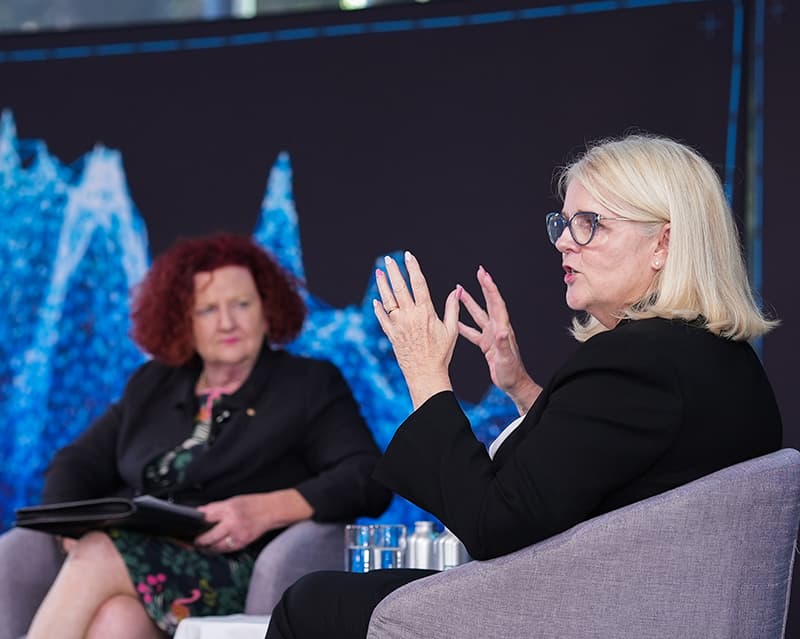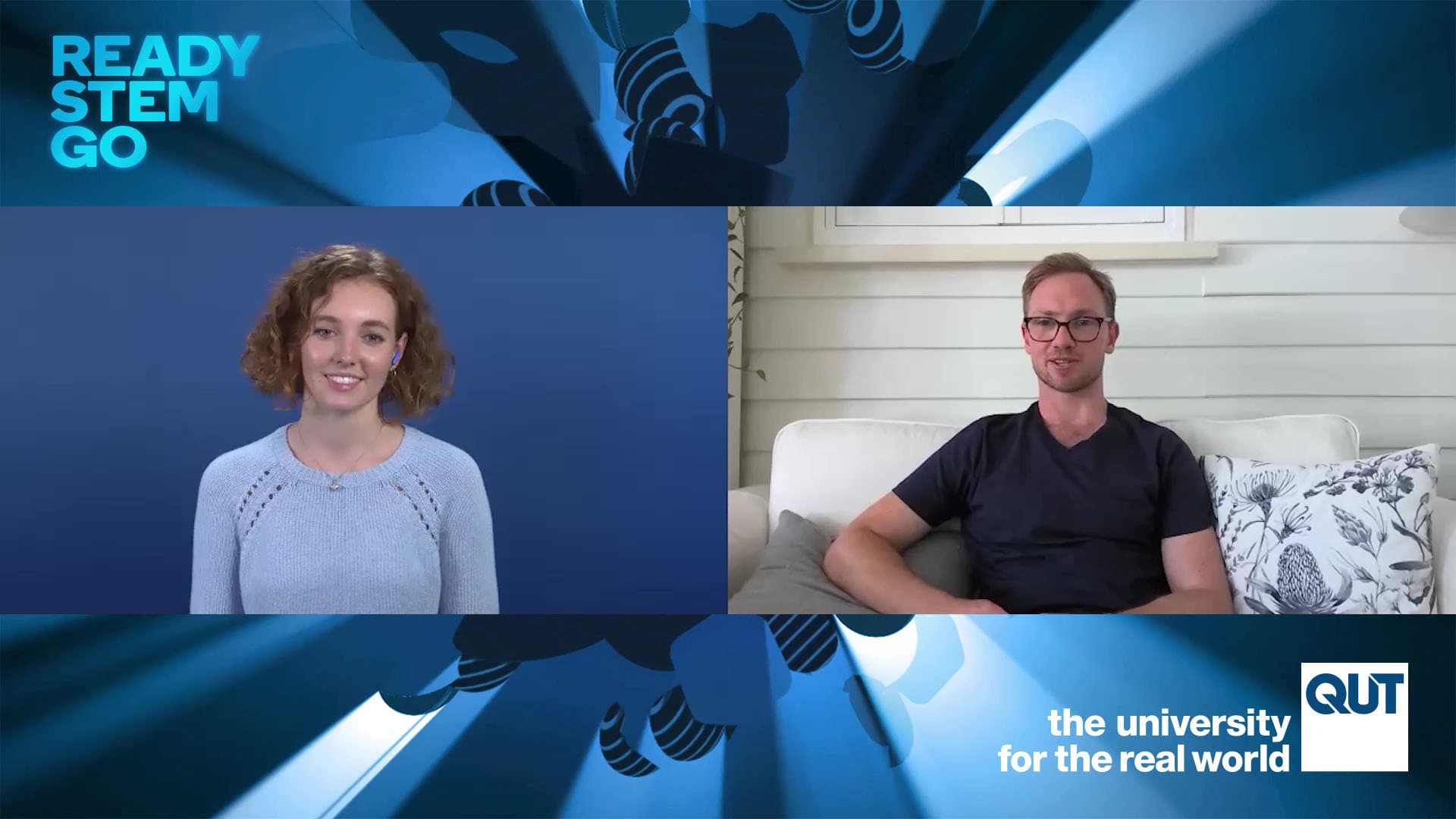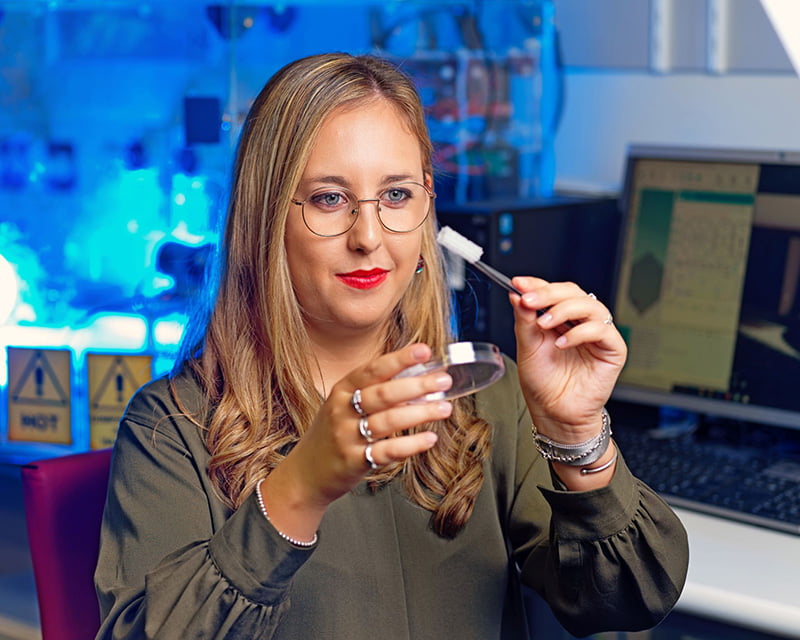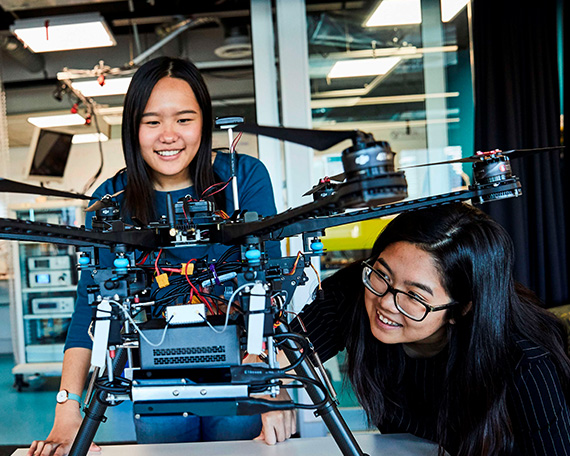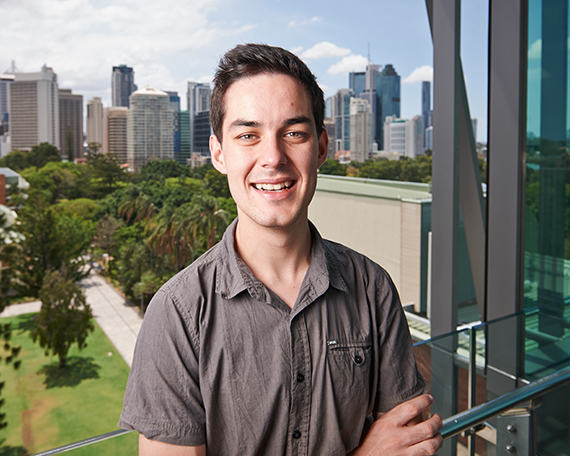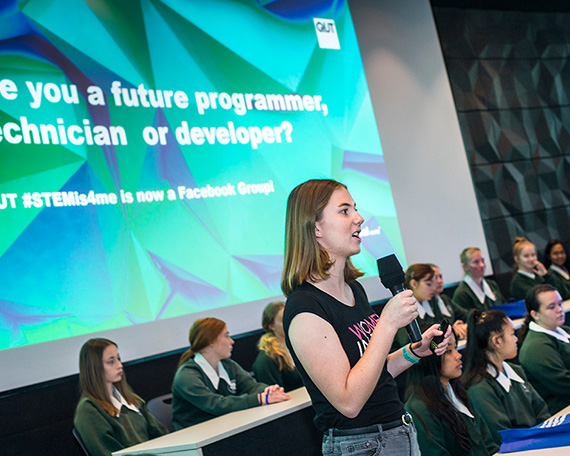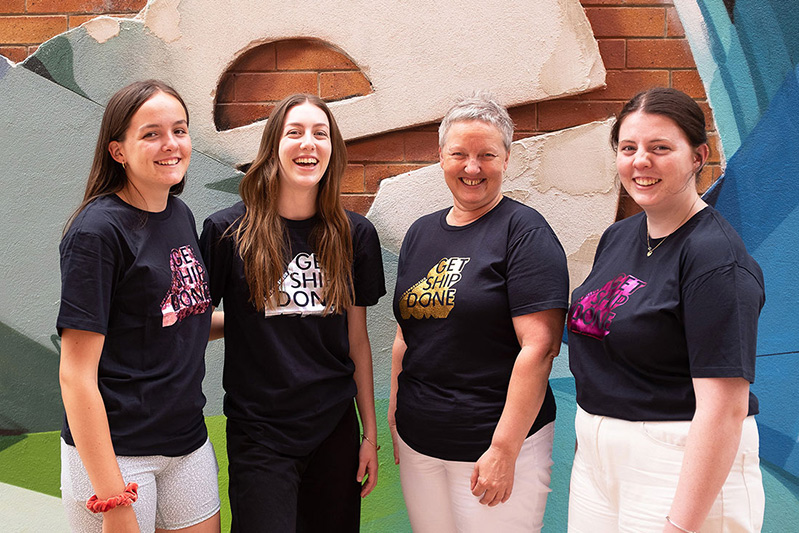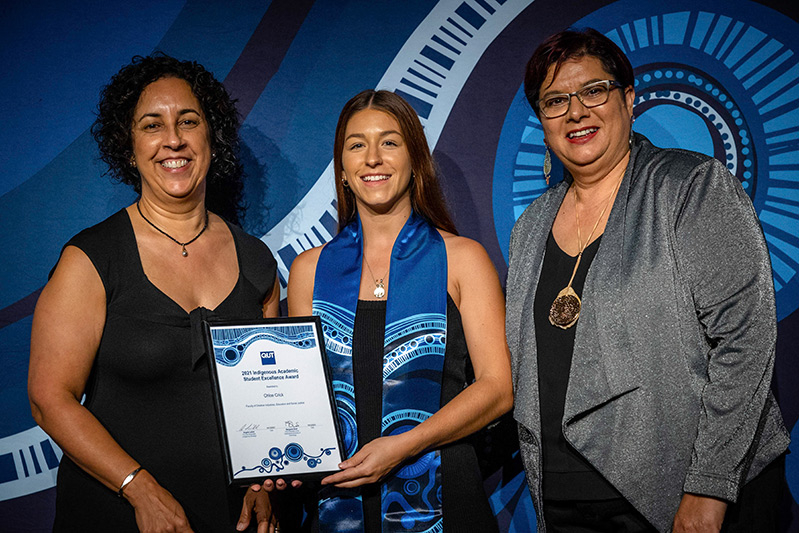13th August 2021
QUT researchers will create an artificial intelligence hub for conservation to work with citizen science groups in scaling up efforts to accurately count koalas, and other endangered animals, using drones and infrared imaging.
Associate Professor Grant Hamilton will establish the AI hub with a $320,000 Landcare Led Bushfire Recovery Grant, and work with partners including Landcare to expand the ongoing efforts to accurately record the size of koala populations.
Professor Hamilton, from QUT’s School of Biology and Environment Sciences and Centre for the Environment, has been leading efforts in this area for several years, using an algorithm created at QUT to analyse infrared imaging to identify koala populations.
He said this project would enable him to scale up those efforts by building a network of groups to conduct data collection at a large scale, with the QUT researchers then analysing that raw data.
“It’s a game changer,’ Professor Hamilton said.
“The UN’s Intergovernmental Panel on Climate Change report released this week warned the intensity, frequency and duration of fire weather events are projected to increase throughout Australia.
“This is dire news for Australia’s koalas, as we know from the terrible toll of recent bushfires.
“Sadly, many species in Australia are already under siege, and we desperately need to find ways to monitor and manage wildlife over larger scales.
“Creating an widespread network for effective data collection and rapid analysis will allow us to manage threatened species at scales that have not been possible before now.”
Rapidly detecting the animals from the air over large areas, sometimes in locations that may be inaccessible on foot, Landcare and conservation groups from anywhere in Australia will soon be able to partner with the team to transmit the data to the Conservation AI Hub at QUT, offering far more fast and accurate monitoring of population numbers.
“Despite decades of research, the 2019-2020 Black Summer bushfires highlighted just how little is known about the presence and abundance of wildlife across vast tracts of the Australian landscape,” Professor Hamilton said.
“There were estimates of billions of animals killed or displaced - but these figures were by necessity based on modelling rather than monitoring, and this lack of data means that priority areas for protection could not be established.
“As one example, the impacts of bushfire on koala populations in south-east Queensland were clearly evident but difficult to quantify because of a lack of baseline data.
“This system will allow Landcare groups, conservation groups, organisations working on protecting and monitoring species to survey large areas in their regions, anywhere in Australia, with the use of drones and thermal imaging detection, and send the data back to us where we can process it. It’s citizen science on a much bigger scale.”
One pioneering aspect of the system is the inbuilt connection between landscape level monitoring, rapid processing with AI, and efficient return of the processed information directly to the groups who will actually conduct on-ground management, Professor Hamilton said.
With plans to trial the system with Noosa and District Landcare and Watergum, Professor Hamilton added that while monitoring of koalas on foot produced around 70 per cent accuracy in numbers, “we’ve demonstrated that this new system is can on average detect 85 per cent of what is out there, up to 100 per cent, and over a much greater area”.
‘In many areas it will be far more rapid, accurate and efficient than boots on the ground,” he said.
The new programme will develop the capacity of existing Landcare and other community groups to conduct drone surveys for wildlife detection, drawing on their local knowledge, skill and expertise to enable effective on-ground management for koalas and a range of other species in key areas.
“This system will allow for targeted on-ground activities to achieve management outcomes for koalas and other wildlife in bushfire affected areas, effectively and efficiently increasing resilience of these areas. And it can also be used to identify pest species for management in these areas,” Professor Hamilton said.
Funded by the Australian Government, the $14million Landcare Led Bushfire Recovery Grants are supporting projects in regions impacted by the Black Summer bushfires of 2019/2020.
For further information visit www.landcareledbushfiregrants.org.au
Media contact:
Rod Chester, QUT Media, 07 3138 9449, rod.chester@qut.edu.au
After hours: Rose Trapnell, 0407 585 901, media@qut.edu.au
